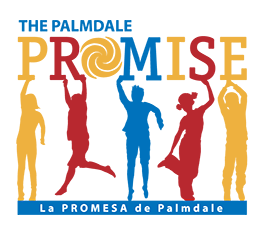Common Core
COMMON CORE - CALIFORNIA'S STANDARDS-BASED EDUCATIONAL SYSTEM
Academic content standards encourage the highest achievement of every student by defining the knowledge, concepts, and skills that students should acquire at each grade level. A standards-based system of education is an integrated system in which each element is an essential part of the whole. No single element ensures student achievement, and ineffective implementation of any aspect risks the success of the entire system. Each element informs the others to create a single plan for student mastery of the standards.
This system of clear expectations for student achievement promotes educational equity. This equity—ensured through universal access for all students—is the cornerstone to our educational philosophy. It’s from the results of our continuing research for and development of improved programs and instructional techniques that students will actually achieve their true potential for academic success. When this success is attained—when there is no measurable gap between the academic performance levels of student subgroups—will we have achieved true educational equality.
COMMON CORE - STATE STANDARDS SYSTEMS IMPLEMENTATION PLAN
…There is much work to be done. Although California's 1997 academic content standards and the CCSS for English-language arts and mathematics share many similarities in content and design, there are a number of notable differences between the two sets of standards. For example, since students are often required to write, research, and analyze non-literary texts in college and the workplace, the CCSS place an emphasis on developing literacy in history, science, and technical subjects. The CCSS also focus on applying mathematical ways of thinking to real world challenges, helping students develop a depth of understanding and ability to apply mathematics to novel situations.
In addition, the new CCSS require significant student collaboration, fluency with multimedia and technology, and the development of strong complex reasoning, problem solving, and communication skills. Elements such as these transcend subject matter and demand a re-examination of our existing system of professional learning, curricula development, assessments, and accountability. Further, California’s active participation in new CCSS system-related multi-state collaborations present the state with additional opportunities to expand and improve upon previous standards implementation efforts.
